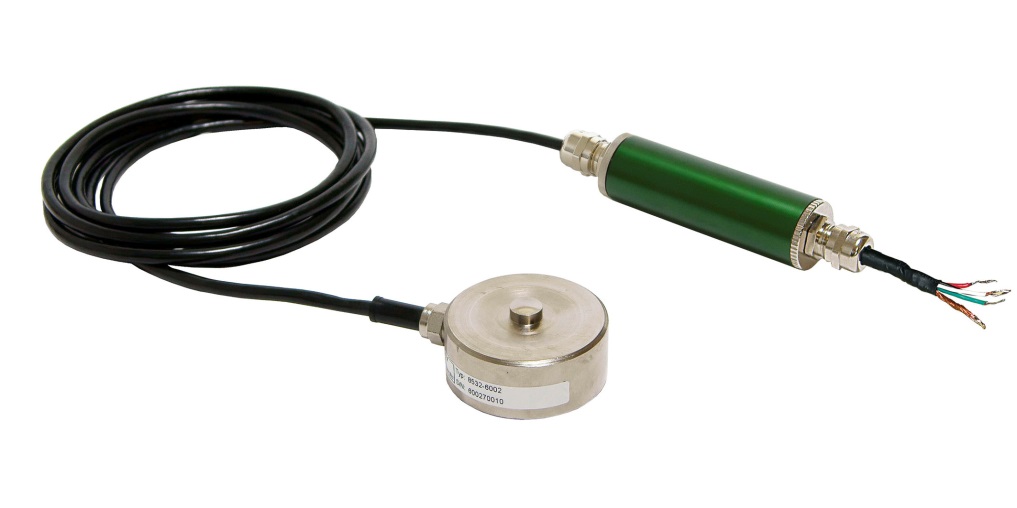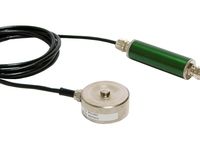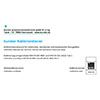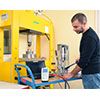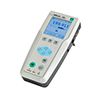-
 Australia
Australia
-
 Austria
Austria
-
 Belgium
Belgium
-
 Bosnia and Herzegovina
Bosnia and Herzegovina
-
 Brazil
Brazil
-
 Bulgaria
Bulgaria
-
 Canada
Canada
-
 China
China
-
 Croatia
Croatia
-
 Czech Republic
Czech Republic
-
 Denmark
Denmark
-
 Ecuador
Ecuador
-
 Finland
Finland
-
 France
France
-
 Germany
Germany
-
 Great Britain
Great Britain
-
 Greece
Greece
-
 Hong Kong
Hong Kong
-
 Hungary
Hungary
-
 India
India
-
 Indonesia
Indonesia
-
 International
International
-
 Iran
Iran
-
 Israel
Israel
-
 Italy
Italy
-
 Japan
Japan
-
 Liechtenstein
Liechtenstein
-
 Luxembourg
Luxembourg
-
 Malaysia
Malaysia
-
 Malta
Malta
-
 Mexico
Mexico
-
 Montenegro
Montenegro
-
 Netherlands
Netherlands
-
 North Macedonia
North Macedonia
-
 Norway
Norway
-
 Philippines
Philippines
-
 Poland
Poland
-
 Portugal
Portugal
-
 Republic of Singapore
Republic of Singapore
-
 Romania
Romania
-
 Serbia
Serbia
-
 Slovakia
Slovakia
-
 Slovenia
Slovenia
-
 South Africa
South Africa
-
 South Korea
South Korea
-
 Spain
Spain
-
 Sweden
Sweden
-
 Switzerland
Switzerland
-
 Taiwan
Taiwan
-
 Thailand
Thailand
-
 Turkey
Turkey
-
 USA
USA
-
 Vietnam
Vietnam
- burster
- Service & Calibration
- Services
- Calibration
- Compensation
Compensation Compensation of sensor together with amplifier
Benefit from a compensation to match your amplifier or signal conditioning electronics with your sensor and read off the value of the actual physical dimension or meet your own specific measurement requirements.
When we perform a compensation, you will get a measurement system, which you can use immediately for your measurements purposes.
Too many products selected
Please notice that there is a limit of 5 products for the product comparison.
Your latest selection was canceled.
×-
Product data
Model ABG 91ABG Compensation of a measurement chain consisting of a sensor and indicator model 91xx
92ABG Compensation of a measurement chain consisting of a sensor and indicator model 92xx
93ABG Compensation of a measurement chain consisting of a DIGIFORCE® and a sensor
44ABG Compensation of a measurement chain or entering of sensor data into a device model 44xx
72ABG Compensation of a measurement chain consisting of a sensor and indicator model 72xx
-
Description
Compensation of a sensor with a signal conditioner ensures that the output signal equals 0 V (or a value specified by the customer) with the no-load present and 10 V (or a value specified by the customer) at the rated load.
Alternatively, it is possible to compensate some amplifiers to output 0 ... 20 mA or 4 ... 20 mA.
Compensation is always performed between one particular sensor and one particular electronic unit or amplifier and is documented in an adjustment protocol.
Compensation is a purely electronic procedure without any mechanical load being applied.
We recommend performing a calibration after a compensation to benefit in full from the high precision of our products.
-
FAQ
- Why do I need a compensation for my sensor and amplifier?
Strain gauge sensors have characteristic output and zero-point signals, which are specific to each sensor. Therefore, you cannot connect any sensor to an amplifier or indicator and expect to automatically measure a correct value.
Compensation ensures that a particular sensor and a particular amplifier or indicator outputs "zero" (or a required value) in the no-load state and 10 V, 20 mA or the value of the measured physical dimension for the rated load. - Can I perform the compensation myself?
Compensation of a sensor with an amplifier is not rocket science. But performing a compensation does require a strain gauge simulator or suitable resistors, a voltage source and a multimeter plus a certain amount of knowledge. We will be happy to provide you with details to enable you to perform your own compensations. - Why does the tolerance of the compensated measurement chain differ from the tolerance in the data sheet?
Compensation is a purely electronic procedure. As a result of the process the tolerances of the test equipment used add to the tolerances of the sensor and amplifier, which are being compensated.
During the compensation process no mechanical load is applied to the sensor. After installation axial, radial and/or bending forces act on the sensor, all of which affect the measurement. It therefore makes sense to perform an on-site calibration after installing or a compensation of the sensor. - Can I connect my compensated sensor to any other amplifier?
A compensation always applies solely to one sensor and one amplifier.
Of course you can still connect a sensor to any other amplifier, but the amplifier settings will need to be compensated to the sensor in order to display the correct results. - What is a standardized sensor?
Some burster sensors can be supplied with a standardized output signal. This means, that each of these sensors has the same output signal. Hence, they can be replaced easily without having to re-adjust the connected electronics. When using a standardized sensor all that needs to be done is to set or tare the zero point, which is specific to each sensor.
- Why do I need a compensation for my sensor and amplifier?
-
LINKS & DATA
<link http: www.burster.com en calibration-instruments calibration-devices-for-mechanical-values p detail trans-cal-7281 _blank externen link in neuem>TRANS CAL 7281
<link http: www.burster.com en calibration-instruments calibration-devices-for-mechanical-values p detail _blank externen link in neuem>Strain gauge simulator 9405
<link http: www.burster.com en calibration-instruments precision-calibration-sources-for-test-bay-lab p detail digistantr-4462 _blank externen link in neuem>DIGISTANT® 4462
Related products
Germany

burster praezisionsmesstechnik gmbh & co kg
Talstr. 1-5
76593 Gernsbach
Germany
Fon: +49 7224645-0
Fax: +49 7224645-88
infoburster.com
www.burster.com
Trade fairs
The Battery Show
18.06. -
20.06.24 -
Stuttgart,
70269,
Deutschland
burster gmbh & co kg
sensors & precision measurement
Talstr. 1-5
76593 Gernsbach
GERMANY
Contact:
Phone: (+49) 07224-6450
Fax: (+49) 07224-64588
E-Mail:
infoburster.de
The measurement solution.
It‘s with this ambition and for over half a century burster, a global player in the precision measurement technology industry, supplies some of the world’s most recognizable brands with sensors, precision measuring devices and measuring systems for sensor signaling processing. This is all done through our research, development and production headquarters in Germany.
Where quality assurance and production control play a significant role, burster is on board.

